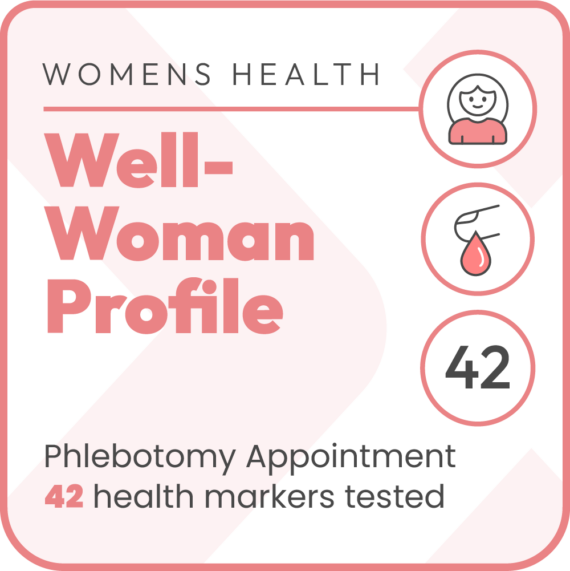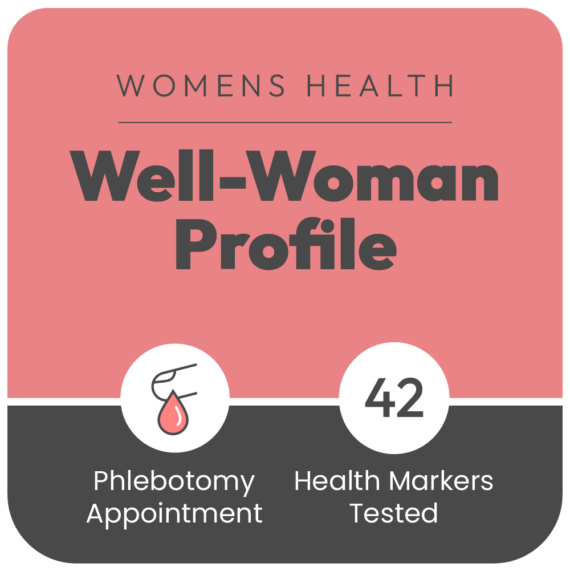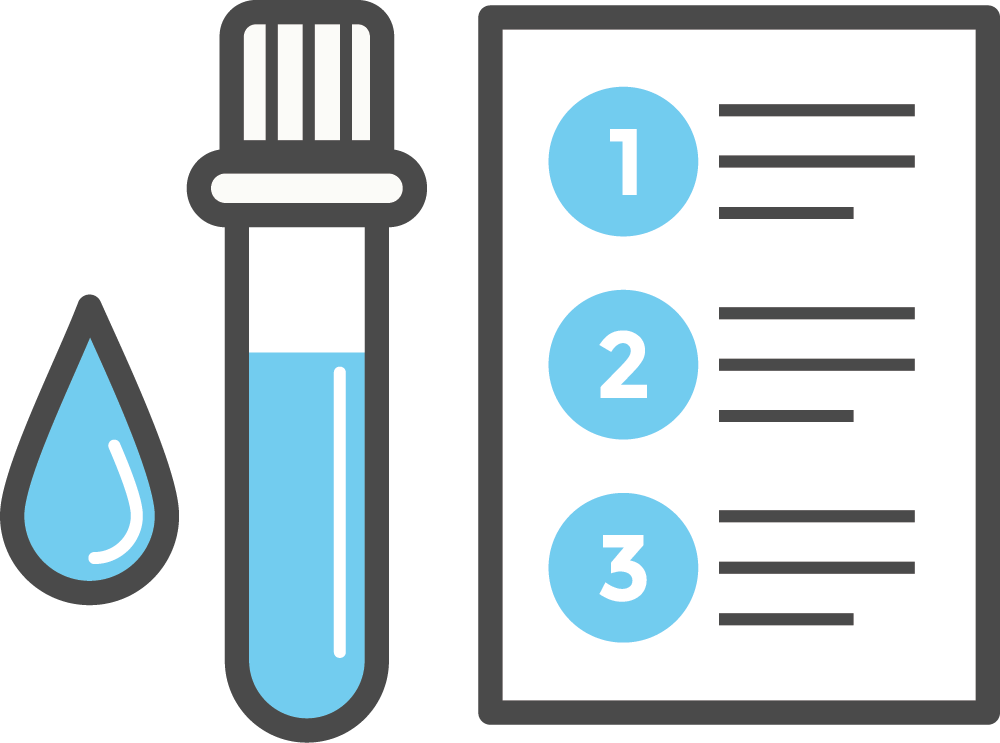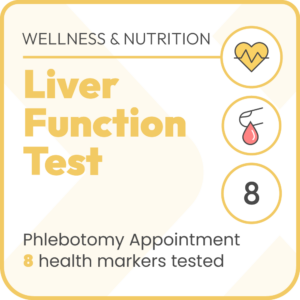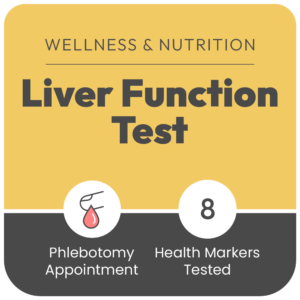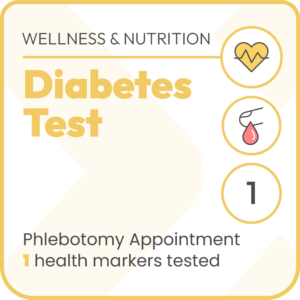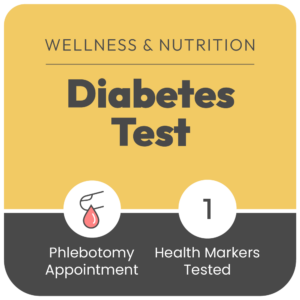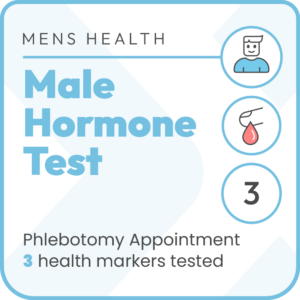Albumin
Albumin is a protein that helps move many small molecules through the blood, including bilirubin, calcium, progesterone, and medicines. Lower than normal levels of Albumin may be a sign of liver or kidney disease.
Alkaline Phosphatase
Alkaline phosphatase (ALP) is an enzyme in the gut which fights off bad bacteria. It helps with digestion, strengthening bones, and psychological function. A higher level of ALP than normal is a sign of liver disease.
Alanine Aminotransferase
Alanine Aminotransferase (ALT) is an enzyme found in liver cells which converts alanine into pyruvate for cellular production. High levels of ALT in the blood may be a sign of liver damage.
Aspartate Aminotransferase
Aspartate Aminotransferase (AST) is an enzyme involved in gluconeogenesis in the liver and kidneys, which is a process that gives your body glucose between meals. When liver cells are damaged they release AST, so higher levels are a sign of liver disease.
Gamma-glutamyl transferase
A GGT test measures the amount of GGT in the blood. When the liver is damaged, GGT may leak into the bloodstream, therefore high levels of GGT may be a sign of liver disease.
Total Bilirubin
Bilirubin levels serve as a measure of liver and bile tract function. An elevated level of bilirubin in the blood could be a sign of liver disease.
Total Protein
The total protein test measures the total amount of 2 proteins, albumin and globulin, in the blood. High levels of these proteins are an indication of kidney or liver disease.
Globulin
Globulin is a group of proteins in the blood which are produced in the liver. Lower than usual globulin levels can indicate kidney and liver disease. Higher than usual globulin levels can indicate autoimmune diseases, infections and inflammation.

